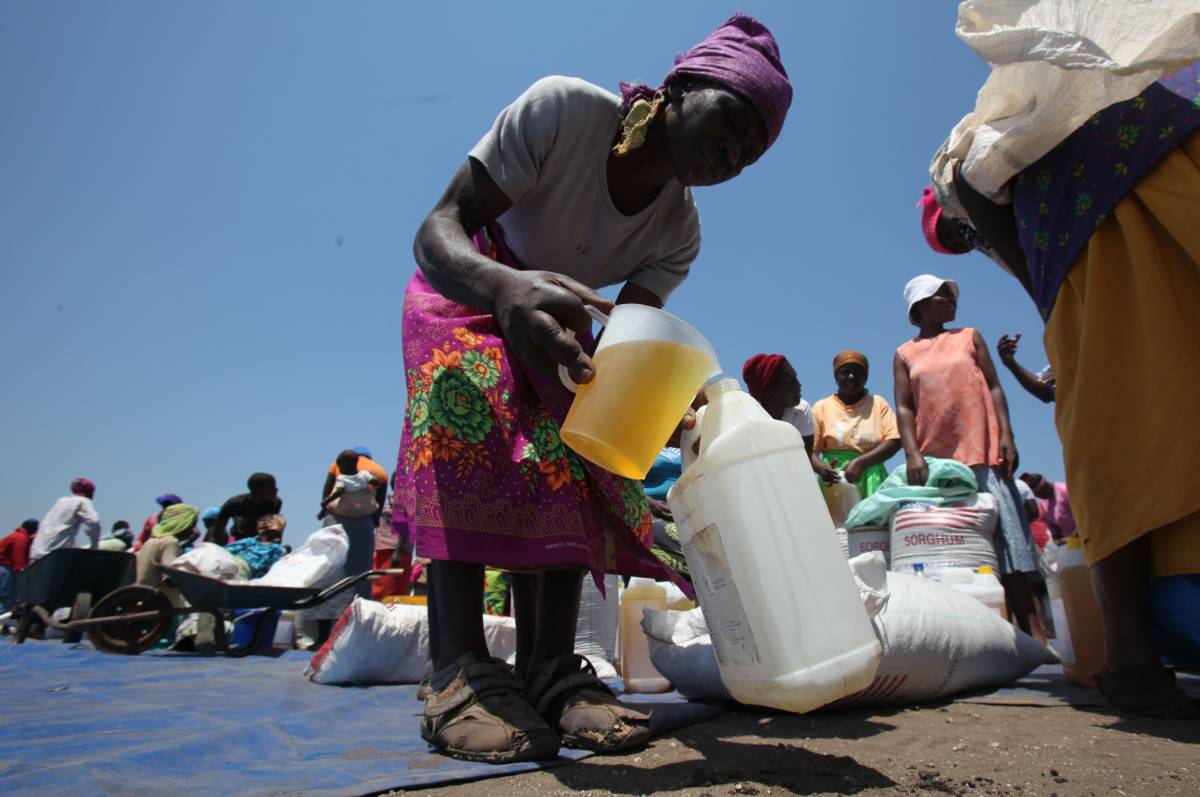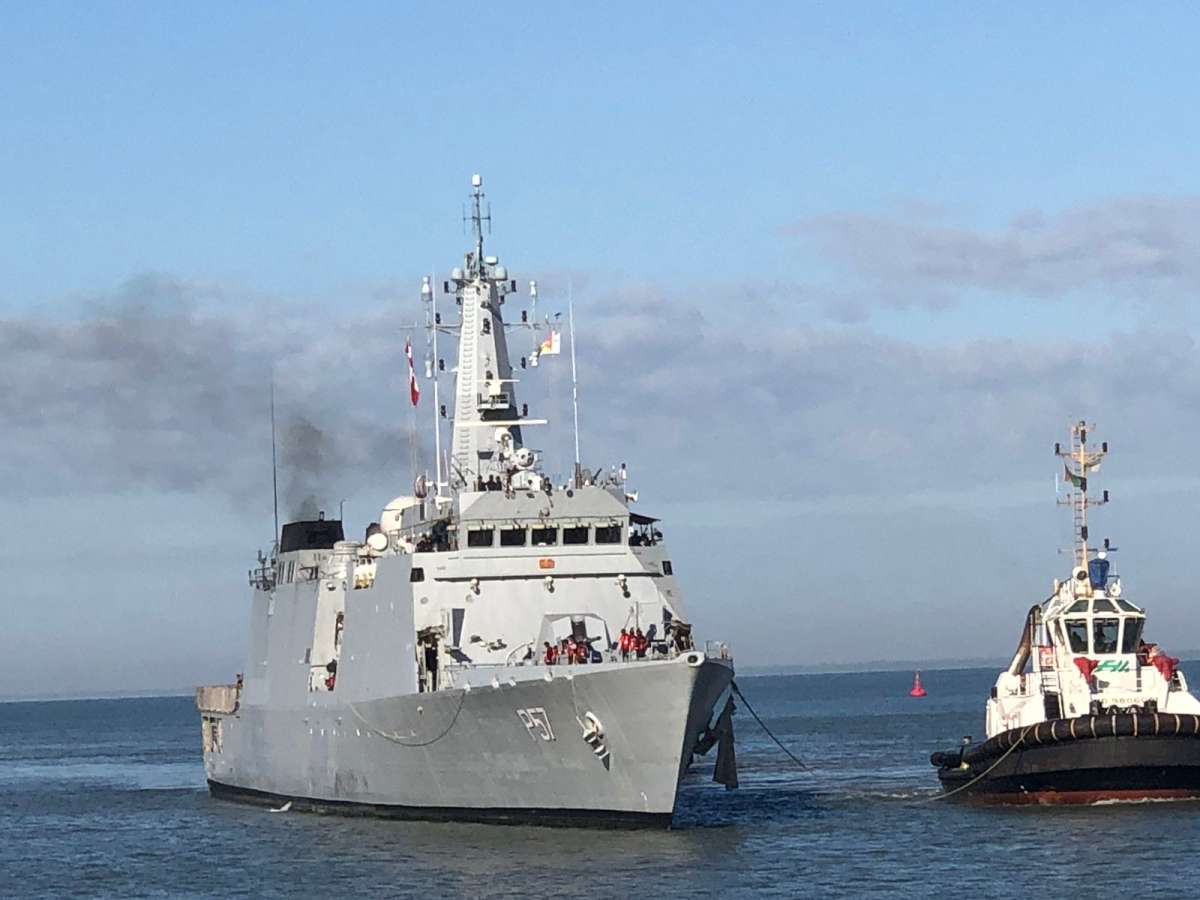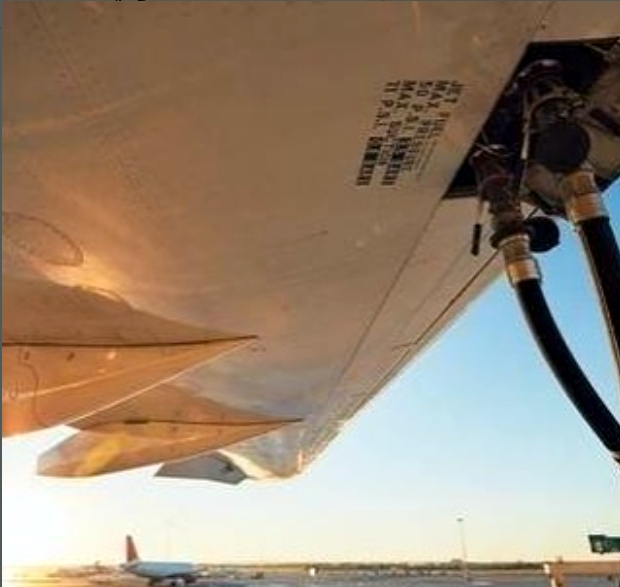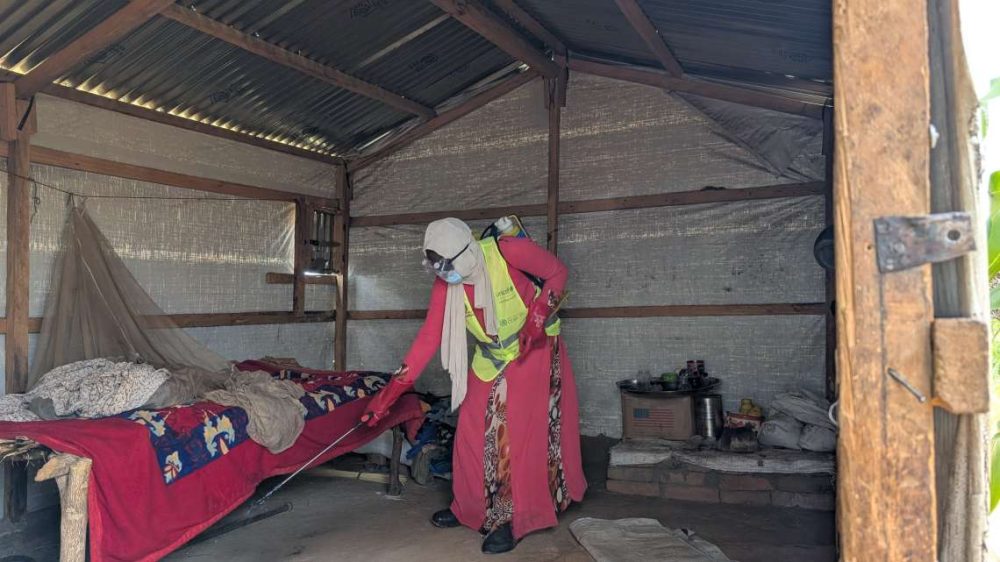Some of the reasons leading to negative records in the artisanal fishing sector include illegal fishing and the use of inappropriate equipment, a phenomenon that tends to intensify in the country, according to the data shared at the event…reports Asian Lite News
Mozambican government launched the 4th Artisanal Fishing and Aquaculture Census, aiming to collect data on the fishing activities in the country and better capitalize on the sector’s economic potential.
The census is expected to provide information about the number of fishermen operating nationwide, the fishing vessels that are functional, and the kind of equipment used to capture different sea products, said the Minister of the Sea, Interior Waters and Fisheries, Lidia Cardoso, who addressed the launching ceremony in Maputo.
Despite the country’s 2,700-kilometer coastline, fishing authorities’ records indicate undue losses, and they hope to improve this scenario through informed decisions backed by the data collected during the census, said the minister.
Some of the reasons leading to negative records in the artisanal fishing sector include illegal fishing and the use of inappropriate equipment, a phenomenon that tends to intensify in the country, according to the data shared at the event.
“The practice of illegal and harmful fishing is also another barrier that we have been trying to discourage because it harms the normal growth of sea products and the gains that could be captured in the future,” said Elisete Cunguara, Director of the Institute for the Development of Fisheries and Aquaculture during the ceremony.
The institute has been promoting aquaculture as a solution to guarantee production even in closed seasons, but they have been battling with the input costs, which is hindering the popularization of the activity, said Cunguara.
Statistics from the authorities show that Mozambique produced a total of 447,000 tons of various types of fish last year, of which 92 percent came from artisanal fishing.
ALSO READ-Amazon, Google, Microsoft face UK probe over cloud dominance














